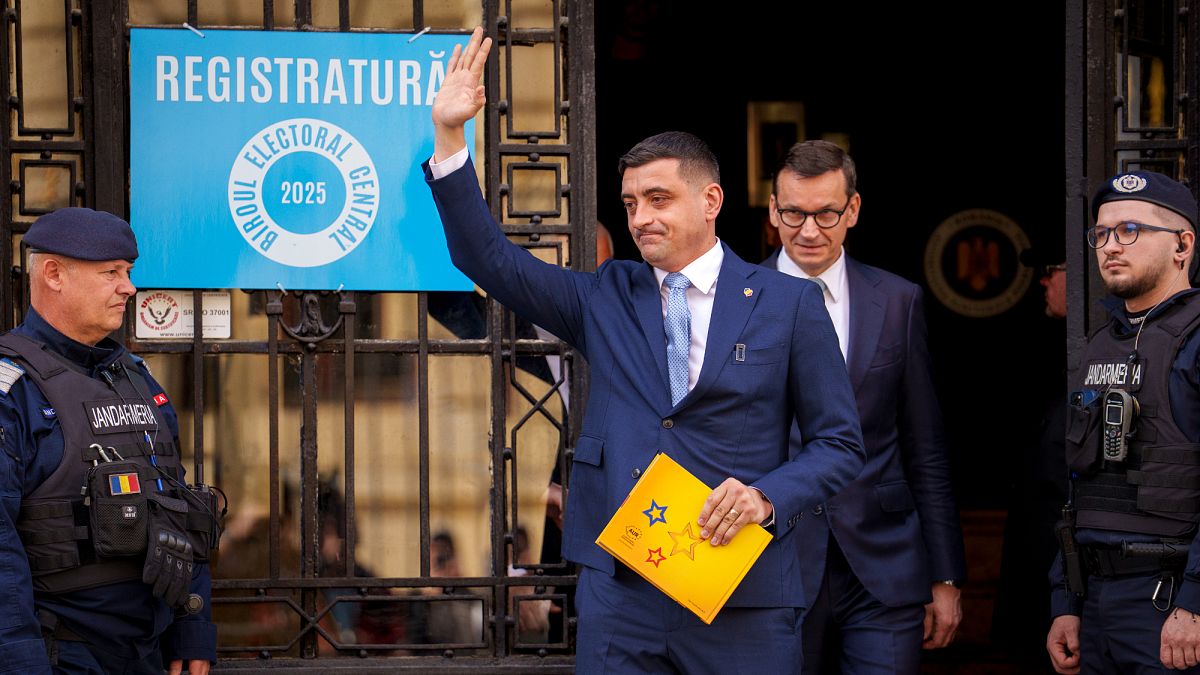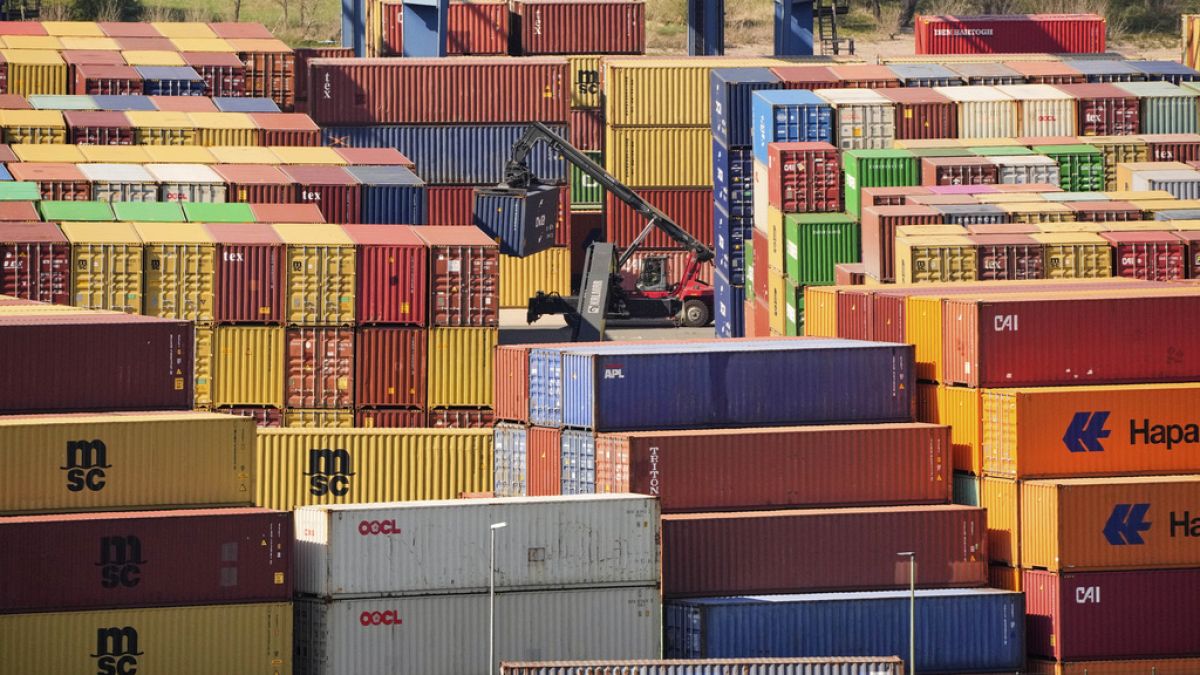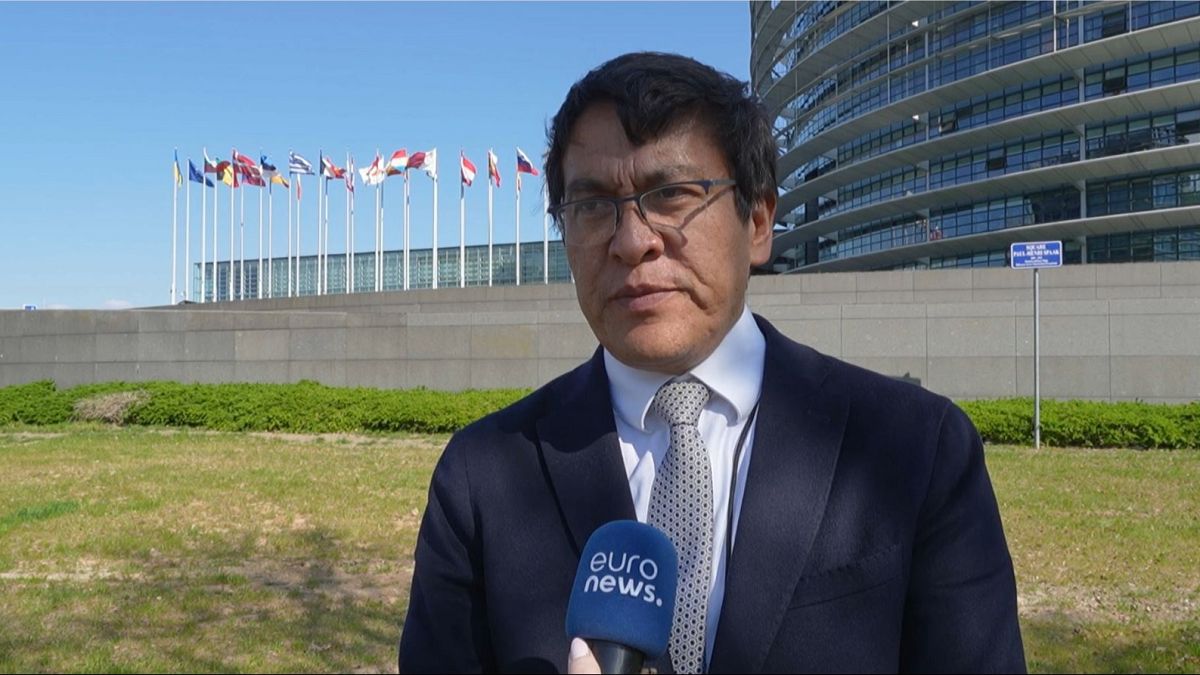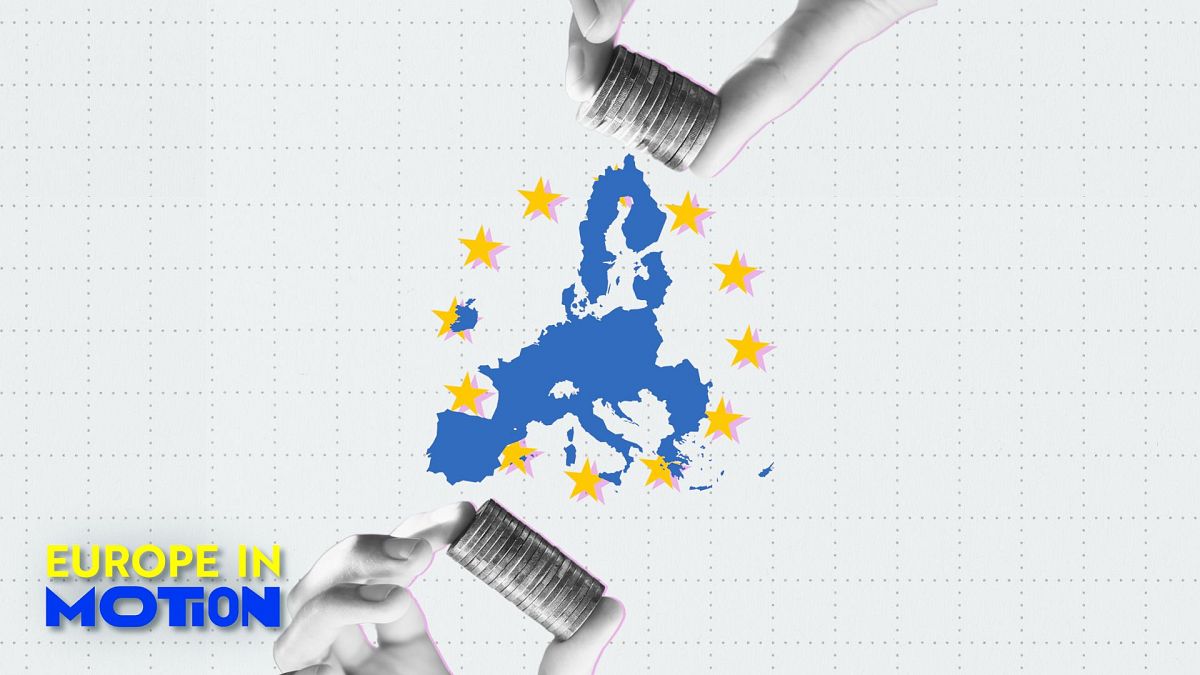Belgium plans to use AI tools for law enforcement and to develop a future connectivity strategy for the telecom sector.
Facial recognition of criminals are among applications for AI to be deployed by the new Belgian government after Vanessa Matz was sworn in on Monday as the first federal minister to be tasked with digitalisation, AI and privacy.
The former member of the centrist party Les Engagés in the French-speaking parliament in Belgium will have a broad portfolio which also includes oversight over public companies and the civil service.
Incoming Prime Minister Bart De Wever, from the Flemish right-wing New Flemish Alliance (N-VA) party, found a compromise last Friday with four other coalition partners. The government formation negotiations started following the country’s elections in June.
Flemish Christian-Democrats CD&V, social-democrats Vooruit and the Walloon centre-right Reformist Movement are also involved in the new coalition the government.
The government plan specifically mentions use of AI tools by the law enforcement authorities and police.
Following the entry into force of the EU's AI Act, Belgium will be working on "a concrete policy" regarding the use of technologies.
"In collaboration with the intelligence services and security services - within a strict and precisely defined legal framework - we are making it possible to try new operational applications. This could include, for example, the use of facial recognition technology for the detection of convicts and suspects," the text said.
"We are expanding the camera legislation to enable more applications of (smart) camera surveillance," it added.
The AI Act regulates AI systems according to the risk they pose. High-risk systems including facial-recognition tools are banned in Europe but the Act allow for exceptions such as for use by law enforcement authorities in specific cases.
On disinformation, the new government said it will tackle this “hybrid threat” and attempts to undermine citizens' trust in government and media by investing in an awareness campaign and stronger cooperation with government agencies, technology companies and media organisations.
“We will take legislative initiatives aimed at increasing transparency and the responsibility of online platforms and we will promote international cooperation to jointly combat disinformation," according to the plan.
Telecom strategy
By 2030, every company should have access to ultra fast internet, which means that more investments are needed in the digital infrastructure, the plan says.
"In collaboration with the telecom sector and the regions, we are developing a (medium) long-term strategy that anticipates our country's future connectivity needs and identifies current weaknesses. We are immediately starting the necessary preparations, including an extensive information campaign for the population in due time, to facilitate the potential rollout of 6G."
This comes as the European Commission is expected to present its Digital Networks Act (DNA) later this year; a plan to overhaul the Bloc's existing telecom rules.

 1 month ago
22
1 month ago
22






 We deliver critical software at unparalleled value and speed to help your business thrive
We deliver critical software at unparalleled value and speed to help your business thrive






 English (US) ·
English (US) ·